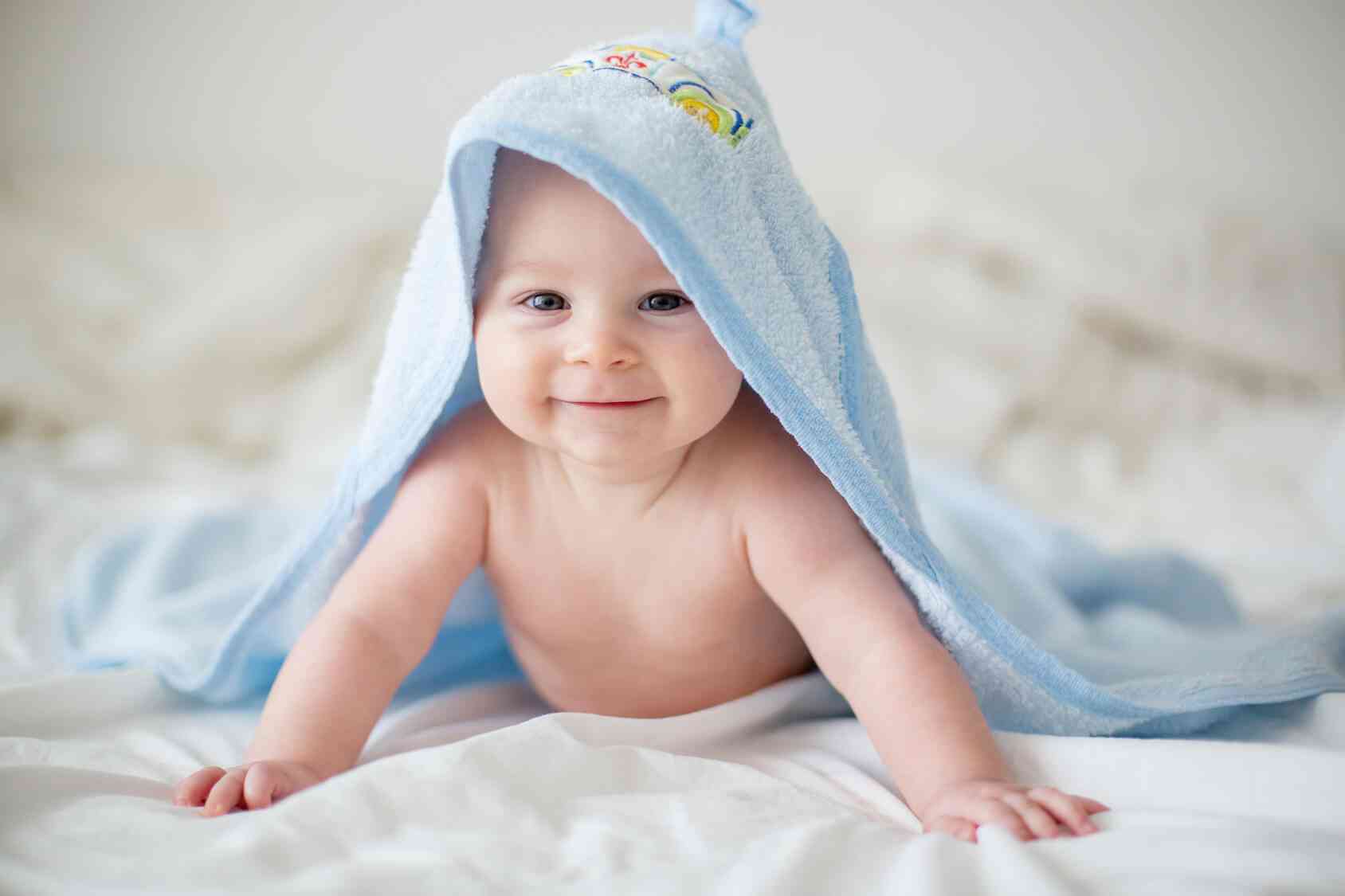
Taking care of your infant’s baby teeth and gums set the stage for a healthy smile. Here are five dental care musts that every parent should know:
√ Clean your infant’s gums. Use gauze to clean your baby’s gums after feedings and at bedtime. Ideally, this should be done even before your child’s first tooth erupts.
√ Take your infant to the dentist. Schedule your child’s first dental visit by the age of 1 or after a first tooth erupts.
√ Brush your infant’s baby teeth. Once your child’s baby teeth erupt, brush them with a small soft-bristled toothbrush and a pea-sized amount of toothpaste after feedings and at bedtime.
√ Floss your infant’s baby teeth. When two baby teeth erupt side by side, gently floss them at least once a day (preferably before bedtime).
√ Wean your infant from the bottle. Ask your pediatrician or pediatric dentist when you should stop breastfeeding. If your baby is bottle-fed, wean your child from the bottle by the age of 1.
Watch out for:
Baby Bottle Tooth Decay — The health of your infant’s baby teeth is important to the healthy growth of their permanent teeth. To keep your infant’s teeth healthy and help prevent baby bottle tooth decay be sure to clean them after feedings, and avoid putting your baby to bed with formula or fruit juice (these contain tooth decay-causing sugars); use water instead.
Signs of Teething — Your baby’s first tooth can erupt, or “cut,” as early as three months and as late as a year. On average, babies experience their first tooth at about 7-months old. The symptoms of teething can vary greatly from child to child, but if your baby becomes increasingly irritable or starts drooling, biting and coughing more than normal he or she could be teething. Try giving your baby a teething ring or bottle of cold water for relief. If the symptoms don’t subside, ask your pediatrician about using Infants’ Tylenol® or Baby Orajel®.
Excessive Pacifier Use — Pacifiers are great for soothing your baby, helping your baby sleep and providing them with a harmless distraction. But if your infant uses a pacifier for more than three years, he or she may develop dental problems such as slanted teeth or a misaligned bite later on. If you have a difficult time weaning your baby from pacifier use, ask your dentist about alternative ways to give the comfort your child craves.




